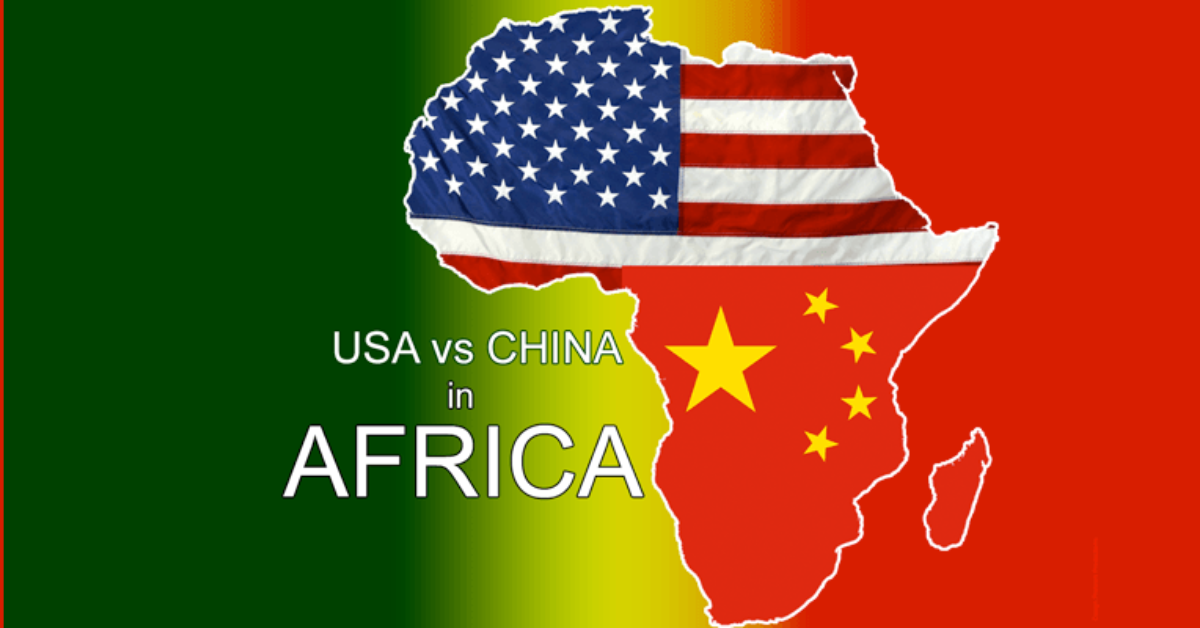The United States has dismissed Chinese objections to Taiwan President Lai Ching-te’s stopovers in Hawaii and Guam during a Pacific tour, reaffirming that transits through the U.S. by Taiwan’s democratically elected leaders are routine and consistent with long-standing bipartisan U.S. policy.
Amid China’s criticism, Republican House Speaker Mike Johnson and former Democratic Speaker Nancy Pelosi each spoke separately with Lai, underscoring steadfast U.S. support for Taiwan.
Johnson held a call Wednesday afternoon with Lai, who had recently arrived in Guam following a visit to Taiwan’s Pacific ally, Tuvalu, according to sources who spoke with VOA on the condition of anonymity.
First call
The call marked the first direct conversation between the House speaker and Lai since the latter assumed office in May. Johnson had previously congratulated Lai upon his election in January and renewed the United States’ commitment to the security and democracy of its Indo-Pacific partners.
Lai arrived in Guam on Wednesday night for a brief layover and is set to depart Thursday afternoon for Palau, the final stop on his weeklong Pacific tour. The trip, which began on November 30, also included stops in Hawaii and the Marshall Islands. This marks Lai’s first overseas trip as president.
VOA has reached out to Johnson’s office for comment.
Bipartisan US policy
“Every democratically elected Taiwan president has transited the United States,” a State Department spokesperson told VOA this week.
Guided by the Taiwan Relations Act, the three U.S.-China Joint Communiques, and the Six Assurances, the spokesperson added that U.S. policy toward Taiwan has remained consistent across administrations for 45 years.
Senior U.S. officials have also noted that these documents — the foundations of Washington’s “One China” policy — contain no language explicitly prohibiting a Taiwan president from stopping over in a U.S. city.
Beijing opposition
Beijing, however, accused Washington of interfering in what it calls its “internal affairs.”
Chinese officials said they “firmly oppose” any form of official interaction between the U.S. and Taiwan, which it considers a renegade province.
“Nothing will deter China from upholding national sovereignty and territorial integrity,” Ministry of Foreign Affairs spokesperson Lin Jian told reporters this week.
Taiwan has said China’s threats over Lai’s visit are counterproductive.
Garnering US support
Lai’s transits through Hawaii and Guam come as he seeks to garner support from the incoming administration of President-elect Donald Trump, who has said Taiwan should pay for U.S. protection.
In a closed-door address at the East-West Center in Honolulu, Lai expressed Taiwan’s commitment to deepening cooperation with the U.S. and contributing to peace and stability in the Taiwan Strait and the broader Indo-Pacific region.
Trump’s nominee for secretary of state, Republican Senator Marco Rubio, a prominent China hawk, has sponsored legislation supporting high-level visits by Taiwanese officials to the U.S. and advocating stronger U.S. policy toward Taiwan amid mounting Chinese military and diplomatic pressure.
When asked by VOA if he would maintain his support for Taiwan, Rubio said, “The president sets foreign policy, and our job at the State [Department] will be to execute it.”
Despite facing sanctions from China, Rubio expressed confidence in finding solutions to engage with Beijing if confirmed.
Restrictions on Washington
Under long-standing, self-imposed restrictions by the State Department, a stopover in the capital by a sitting Taiwanese president is considered highly provocative to Beijing.
No sitting Taiwan president, vice president, premier or ministers of foreign affairs and defense has visited Washington for formal meetings while in office.
“I know there’s some diplomatic rules related to leaders of Taiwan coming to the United States,” Republican Representative Andy Barr, a member of the House Foreign Affairs Committee, told VOA.
“I think we need to remove any of those impediments. I think President Lai should be able to come to the United States, and we should welcome him.”
The Communist Party-led People’s Republic of China has never governed Taiwan but claims sovereignty over the self-ruled democracy.
The U.S. has “acknowledged” but never endorsed China’s sovereignty claim over Taiwan.
Washington maintains a “One China” policy distinct from Beijing’s One China principle, taking no official position on Taiwan’s sovereignty and not supporting Taiwan independence.
VOA’s congressional correspondent Katherine Gypson and Mandarin Service reporter Yihua Lee contributed to this report.
Disclaimer: The Article has been published through RRS Feed from “Source Link ” and US In Focus does not claim ownership in any form. For removal of content, please let us know through Comment or Contact Us!
